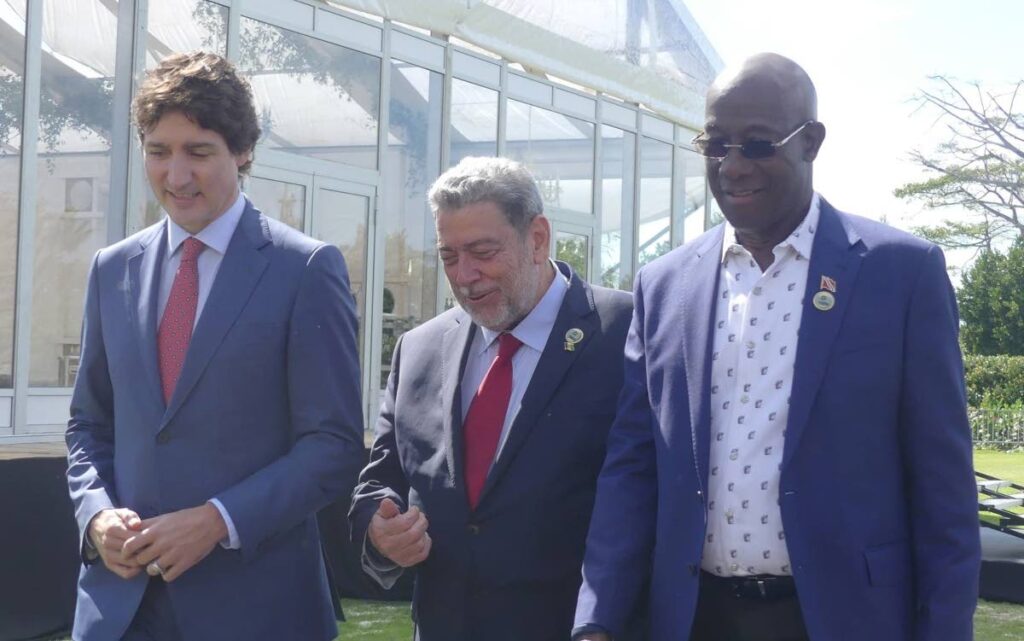Woes for Caricom leaders

IN RECENT times, Caricom leaders have been experiencing first-hand just how tenuous their grasp on power and status can be.
Last week, the Prime Minister and his colleague, Dr Ralph Gonsalves, St Vincent’s prime minister, were denied the usual courtesies extended to leaders at the Cheddi Jagan International Airport (ironically named after a head of government).
Dr Rowley and Dr Gonsalves had just attended a key energy conference with important implications for the region. The airline involved issued an apology on Monday.
A diplomatic slight might not ordinarily be of great importance in the larger scheme of things, but given the status of the individuals involved, who fall into a class of people deemed more at risk of covid19, it was certainly a notable lapse with potentially serious consequences.
But that lapse was nothing compared with what was experienced by Suriname’s president Chan Santokhi.
On Friday, an initially peaceful protest deteriorated into a riot with security forces clashing with thousands of demonstrators who stormed parliamentary precincts. Tear gas had to be used and looting in the capital city of Paramaribo was reported. Schools had to be closed and a curfew imposed.
The situation was such that Caricom heads of government on Friday, who had gathered in Nassau, Bahamas, for their 44th regular meeting, were forced to take note of it.
“We certainly condemn the storming of the parliament,” said Dominica’s prime minister Roosevelt Skerrit. “It appears that this is becoming a practice in our hemisphere and is something that we all need to seek to condemn and stamp out in our hemisphere.”
Precipitating all of this has been an ever-worsening economic crisis in Suriname which has seen the country’s population finding it harder and harder to make ends meet. Plans to remove subsidies for electricity, gas and other essentials have been deeply unpopular.
If Mr Skerrit detects a trend in the region, it is because there have been similar economic woes experienced by all member states, including this country, which is lucky enough to have had a footing in the energy sector, unlike Guyana which is seeking to make the most of its newly ascertained reserves.
Utility hikes are not only on the horizon in this country, but there are also worries about inflation in countries like Barbados too.
The situation in Suriname is ironic because the region has been attempting to focus on the breakdown evident in another member state, Haiti, whose elected officials have seen their terms expire, leaving the country at the mercy of shadowy forces.
When your neighbour’s house is on fire, wet your own.
If Caricom leaders fail to find a way to work more as a team and to tighten regional integration, they will do so at their own peril.


Comments
"Woes for Caricom leaders"